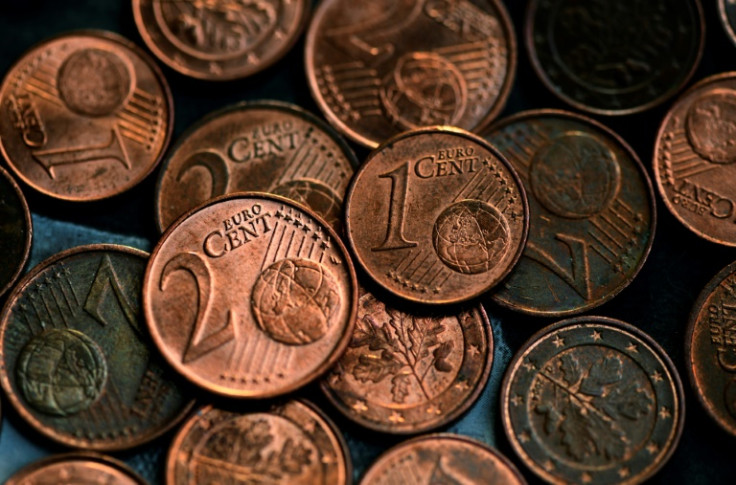ECB Tipped To Hike Rates Again, As Fed Hits Pause

The European Central Bank is expected to again hike interest rates on Thursday and signal that the fight against inflation is not over yet, analysts said, even as the eurozone falls into recession.
With inflation slowing but still three times above the ECB's two-percent target, there is little doubt the Frankfurt institution will raise borrowing costs for an eighth consecutive time.
A 0.25-percentage-point hike "looks like a done deal", Capital Economics economist Jack Allen-Reynolds said.
More interesting to investors will be any clues from president Christine Lagarde at her afternoon press conference in Frankfurt about how much higher rates will go -- or if a pause might be on the horizon.
The Federal Reserve, which began lifting rates earlier than the ECB, on Wednesday opted to stand pat after 10 straight increases.
But the US central bank also indicated that further rate rises could be needed this year.
The ECB embarked on an unprecedented campaign of monetary tightening after Russia's war in Ukraine sent food and energy prices soaring, raising its interest rates by 3.75 percentage points since last July.
Another 25-basis-point hike on Thursday would take the ECB's closely watched deposit rate to 3.50 percent.
Eurozone inflation eased to 6.1 percent in May year on year, from a peak of 10.6 percent in October, mainly thanks to rapidly declining energy prices.
But closely watched core, or underlying, inflation -- which strips out volatile food and energy prices -- decelerated only slightly to 5.3 percent, from 5.6 percent in April.
"There is no clear evidence that underlying inflation has peaked," Lagarde warned earlier this month, stressing that the ECB still had "ground to cover" on rates.
Like all central banks, the ECB has to walk a fine line in raising interest rates sufficiently to dampen demand and contain inflation, without provoking a sharp economic slowdown in the process.
Higher borrowing costs have already led to a plunge in demand for credit from households and companies, recent data showed, suggesting the ECB's moves are having an impact.
But the eurozone economy has proved less resilient than initially thought.
Revised data last week showed that the economy in the 20-nation currency union shrank by 0.1 percent for two straight quarters at the end of 2022 and the start of 2023, meeting the technical definition of a recession.
While still mild, the surprise winter recession has cast doubt on more optimistic predictions for 2023.
The ECB will unveil its latest economic forecasts on Thursday, likely to show a downward revision for growth.
Little change is expected in the inflation outlook, which is only seen returning to target in 2025, at 2.1 percent.
The recent disappointing economic data and slowing inflation could strengthen the case of the "doves" among ECB policymakers against tightening much further, analysts said.
But the "hawks" may point to strong wage growth in the eurozone and stubbornly high core inflation to warn against taking the foot off the gas too early.
Senior policymakers including Lagarde have also expressed concern about corporate profits worsening inflation, suggesting some companies were raising prices even as their costs have come down.
Berenberg economist Holger Schmieding predicted "a heated summer debate" between the hawks and the doves, but said "a final rate hike" of another 25 basis points at the next meeting in July seemed likely.
The ECB "will play it safe and follow up with another interest rate hike in July", agreed Fritzi Koehler-Geib, chief economist at public lender KfW.
© Copyright AFP 2024. All rights reserved.





















